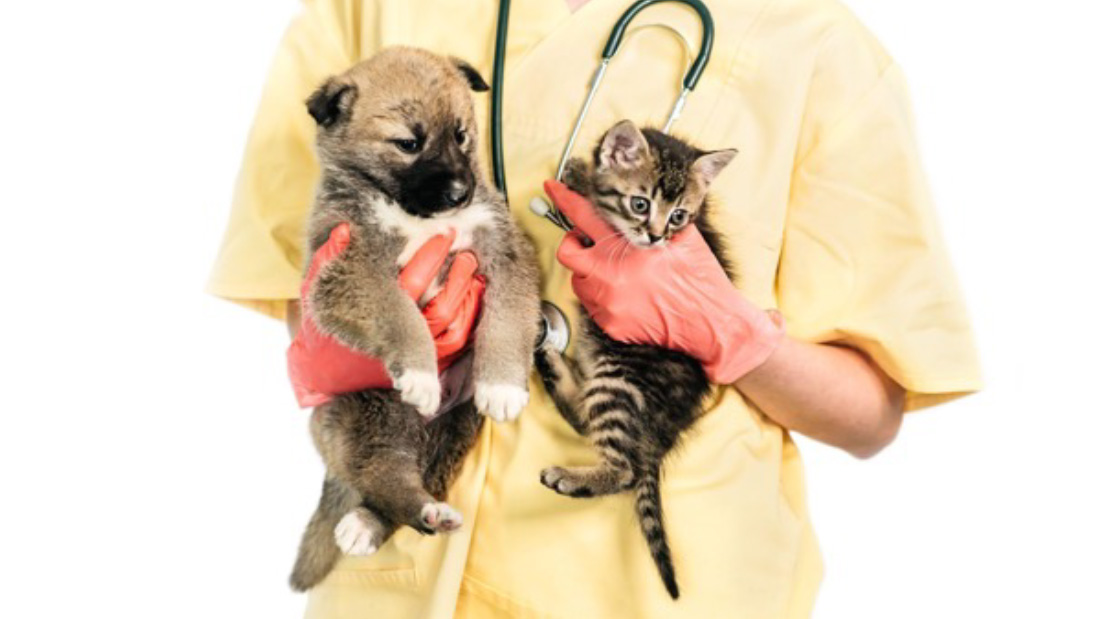
The Benefits of Spaying and Neutering Your Pets: Health, Behavior, and Community Impact
Spaying or Neutering your pet benefits your pet and the community. It can prevent medical issues and reduce behavior problems while also helping reduce the number of unwanted cats and dogs in the community. Spaying is the procedure for female pets, involving the removal of the uterus and ovaries. Neutering is for male pets, entailing the removal of the testicles. By opting for spaying and neutering, we play a crucial role in ensuring our pets do not face unintended pregnancies, thus preventing the birth of more animals that might lack caregivers.
What are the benefits of spaying female pets?
Spaying your female pet before its first heat cycle significantly diminishes its risk of uterine infections and breast cancer. Studies show that female pets spayed before their initial heat cycle have only a 0.05% chance of developing mammary cancer. Unfortunately, the risk increases to about 8% after the first cycle and roughly 26% after the second cycle. Approximately 50% of cancers detected in female dogs are mammary cancers.
Additionally, females can develop pyometra, a potentially life-threatening uterine infection, when heightened progesterone levels and cyst formation inside the uterus allow for its occurrence. Spaying also prevents your pet from going into heat, reducing unwanted behaviors such as yowling in cats and frequent urination in both cats and dogs.
What are the benefits of neutering male pets?
Effective neutering eliminates the risk of testicular cancer in male pets since, without testicles, they cannot develop this type of cancer. It also decreases the likelihood of prostate cancer and benign prostatic hyperplasia, which involves an enlarged prostate due to excessive testosterone.
There are also behavioral benefits to neutering male pets. Intact male dogs tend to exhibit more aggression, both environmental and food-related. Male dogs may also engage in unwanted humping, sexual advances, and a propensity to mark their territory with urine.
Neutering male dogs early in their lives can prevent them from fighting other males or escaping the yard to seek females for mating, thus curbing potentially dangerous behaviors.
What to expect from Spay and Neuter Clinic at Cy-Fair Animal Hospital?
The spaying and neutering procedures are outpatient surgeries. We request that the patient fast from food starting at around 10 o’clock on the evening before the appointment, and no food or water should be given on the morning of the procedure. Patient drop-off typically occurs between six and eight a.m.
To ensure the procedure’s safety, we conduct pre-anesthetic blood work to check for abnormalities and evaluate the organs that anesthesia may affect. Once under anesthesia, administered through our standard protocols with an IV catheter, the pet is intubated, and the spay or neuter procedure is performed. Your pet will recover and return home on the same day.
We provide pain medication, anti-inflammatory medication, and a few stitches for female pets to ensure proper incision closure. Your pet will also receive an E-collar. The E-collar, short for Elizabethan collar, prevents them from licking or irritating the incision site, or worse, chewing it.
While spaying and neutering are common surgeries, they are still considered major procedures. Afterward, your pet may appear lethargic, anxious, or have a reduced appetite. It’s crucial to allow your pet to rest and provide them with their own space if you have other animals.
If you have an active dog, refrain from strenuous exercise, running, or jumping for about seven to 10 days, and ensure leashed walks for bathroom breaks. Be prepared to provide post-operative care, including small meals and water. Some pets may not have much appetite on the first night, which is normal, except for very young puppies or kittens. Please exercise caution and supervise your pet around children during their recovery. Most pets typically heal within two weeks, although larger breeds may take longer.
Lastly, if you have a dog with specific training needs, such as a guard dog, search and rescue dog, or typical athletic pursuits, consult your veterinarian regarding spaying or neutering, as hormone levels can affect their performance and abilities.
Remember, your pet’s temporary discomfort will result in numerous long-term benefits.

